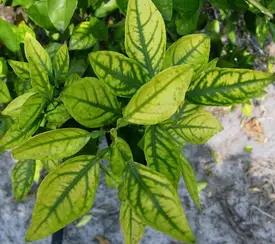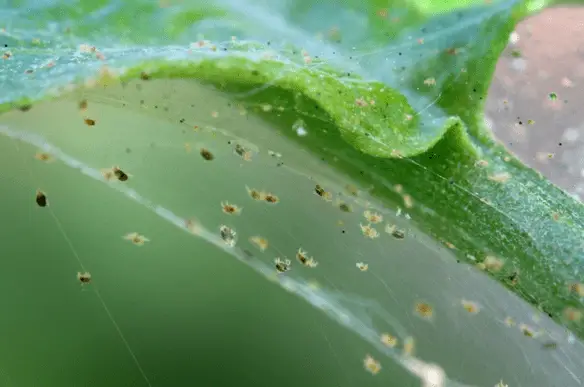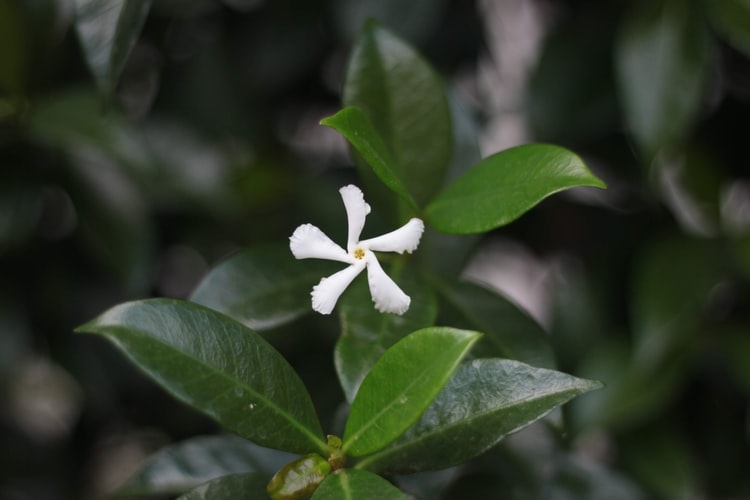As a long-time citrus grower, I’ve faced my share of challenges. From battling pests to managing watering schedules, each day offers new learning experiences. One subtle, yet crucial aspect that often goes unnoticed is the role of micronutrients in the health of citrus trees. Among these, is Zinc!
Zinc, despite being needed only in trace amounts, plays a vital role in the growth and health of citrus trees. It’s involved in various physiological processes like enzyme production, protein synthesis, and growth regulation. But what happens when our citrus trees don’t get enough of it? They suffer from zinc deficiency, a relatively common but often overlooked problem.
Recognizing Zinc Deficiency in Citrus Trees
Zinc deficiency manifests in citrus trees as yellowing or mottling of the leaves, coupled with reduced leaf size. The most obvious symptom, however, is “little leaf” or “rosetting“, where the internodal distance on the shoots is significantly reduced. This causes the leaves to bunch together, giving the tree an overall stunted appearance. The symptoms typically appear on older leaves or fast-growing shoots first due to zinc’s immobile nature in plants.
Read more: What is Citrus Anthracnose, Causes, Symptoms, Treatment (Brown leaf spot)
The Root Causes of Zinc Deficiency in Citrus Trees
So, what causes zinc deficiency? Through years of hands-on experience and countless soil tests, I’ve pinpointed several culprits:
- Soil pH: Citrus trees thrive in slightly acidic to neutral pH levels. However, in high pH (alkaline) soils, zinc becomes less available as it binds with other elements and becomes insoluble.
- Poor soil quality: A soil lacking in zinc or with zinc in an unusable form can deprive your citrus trees of this crucial micronutrient.
- Excessive phosphorus: While phosphorus is important for plant growth, over-fertilizing can interfere with zinc uptake, leading to deficiency.
- Rootstock choice: Some rootstocks have a diminished ability to absorb zinc, which can cause deficiency symptoms in the grafted variety.
- Overwatering: Water is essential but in excess, it can wash away zinc from the root zone, making it unavailable for the tree.
Read more related articles: Zinc Deficiency Symptoms in Citrus Trees

Effective Solutions for Zinc Deficiency in Citrus Trees
Correcting zinc deficiency involves more than just treating the symptoms—it requires addressing the root cause. Here’s my tried and tested approach:
- Soil Testing: Regular soil testing helps identify pH levels and nutrient imbalances. If the pH is high, incorporating sulfur can help lower it, increasing zinc availability.
- Balanced Fertilization: Avoid excessive phosphorus fertilization. A balanced fertilizer that includes trace elements like zinc can help maintain healthy nutrient levels.
- Use Zinc-containing products: Soil amendments or foliar sprays containing zinc can help rectify a deficiency. However, remember that these are temporary solutions and the underlying problem must be addressed for long-term tree health.
- Proper Water Management: Maintain a balanced watering schedule to prevent leaching of zinc.
- Selecting the Right Rootstock: Choose rootstocks known for their ability to uptake zinc efficiently.
Zinc deficiency doesn’t have to spell disaster for your citrus orchard. With these practical steps and vigilant care, your trees can thrive, providing bountiful, healthy harvests year after year.
For more gardening tips, make sure to subscribe to our free weekly newsletter and follow us on our socials:




